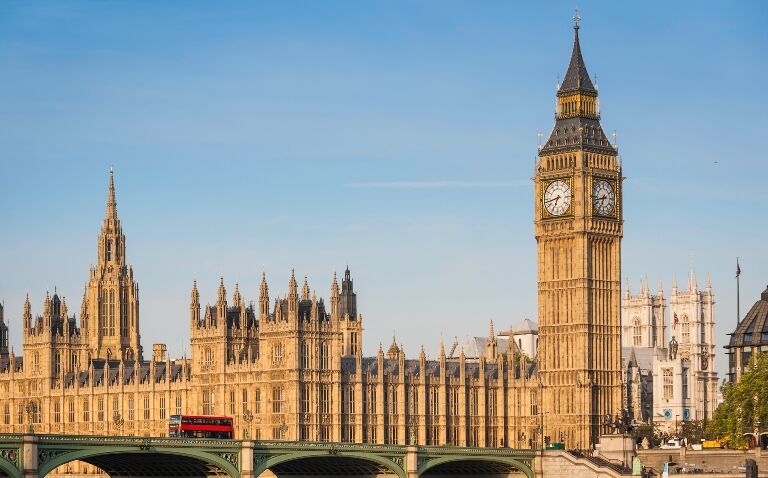The UK Government will lay legislation this week to allow the General Medical Council (GMC) to begin the process of regulating physician associates (PAs) and anaesthesia associates (AAs).
The legislation will be laid before Parliament via affirmative statutory instruments on Wednesday and the regulations are expected to come into force at the end of 2024.
The GMC will set standards of practice, education and training, and operate fitness to practice procedures, ensuring that PAs and AAs ‘have the same levels of regulatory oversight and accountability as doctors and other regulated healthcare professionals’, the Government said.
The legislation follows a consultation which had also suggested PAs could get prescribing rights in order to relieve pressure on doctors and services.
However, the BMA raised concerns about the legislation saying it thinks this ‘will add further, dangerous confusion’ with patients being left under the impression that they have seen a doctor when they haven’t.
‘The blurring of this distinction between doctors and non-medically qualified professionals can, and has, led to fatal consequences,’ the BMA added.
The union asked doctors to write to their MP ahead of Wednesday‘s Parliament session, so that MPs are ‘aware of this issue, oppose the legislation in Parliament and force the Government to abandon its plans’.
Health and social care secretary Victoria Atkins said: ‘Physician associates and anaesthesia associates are already making a great contribution to the NHS, supporting doctors to provide faster high quality care for patients.
‘This new legislation paves the way for these professionals to be held to the same strict standards as doctors, boosting patient safety.
‘This is part of our Long Term Workforce Plan to reform the NHS to ensure it has a workforce fit for the future.’
GMC chief executive Charlie Massey said: ‘This is a welcome and significant milestone towards bringing physician associates and anaesthesia associates into regulation.
‘We’re pleased to support the development of these valuable professionals recognising the important role they play in the medical workforce. Regulation will help increase the contribution PAs and AAs can make to UK healthcare while keeping patients safe.
‘We are working hard to design and deliver detailed regulatory processes for registration, education, standards and fitness to practise for both professions.’
Most statutory instruments (SIs) subject to the affirmative procedure are laid in the form of a draft SI and are considered by the Joint Committee on Statutory Instruments (JCSI).
Next, the SI will be automatically referred to a Delegated Legislation Committee (DLC). These committees have 16-18 members. Any MP can attend and speak but only members of the DLC can vote.
A DLC considers an SI but does not have the power to stop it. In some rare cases, the SI is not referred to a committee, but is debated in the Commons Chamber if it is of particular interest.
Once the SI has been debated by a committee, it needs final approval by the Commons before being ‘made’ (signed by the minister) and becoming law.
Health Education England (HEE) and NHS England recently warned the BMA that its stance on medical associate professionals (MAPs) is impacting NHS relationships and patient confidence.
HEE has published an open letter to the BMA in response to the union’s call to halt recruitment of MAPs until regulation is in place.
At its recent Symposium, the GMC also called on doctors to show ‘multi-disciplinary respect’ towards healthcare professional colleagues who are not doctors.
A version of this article was originally published by our sister publication Pulse.










